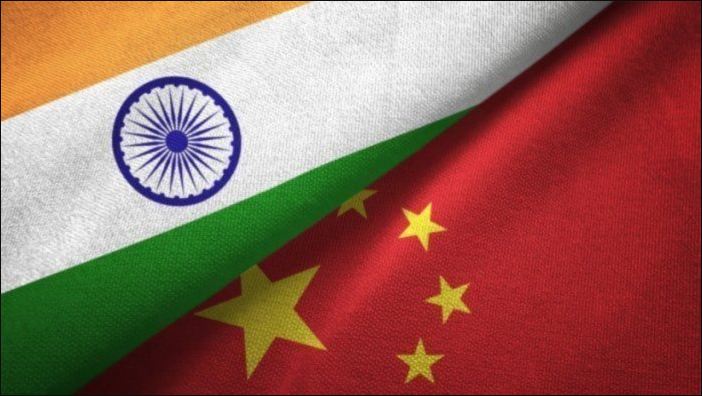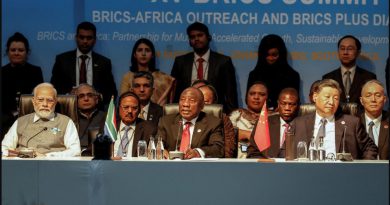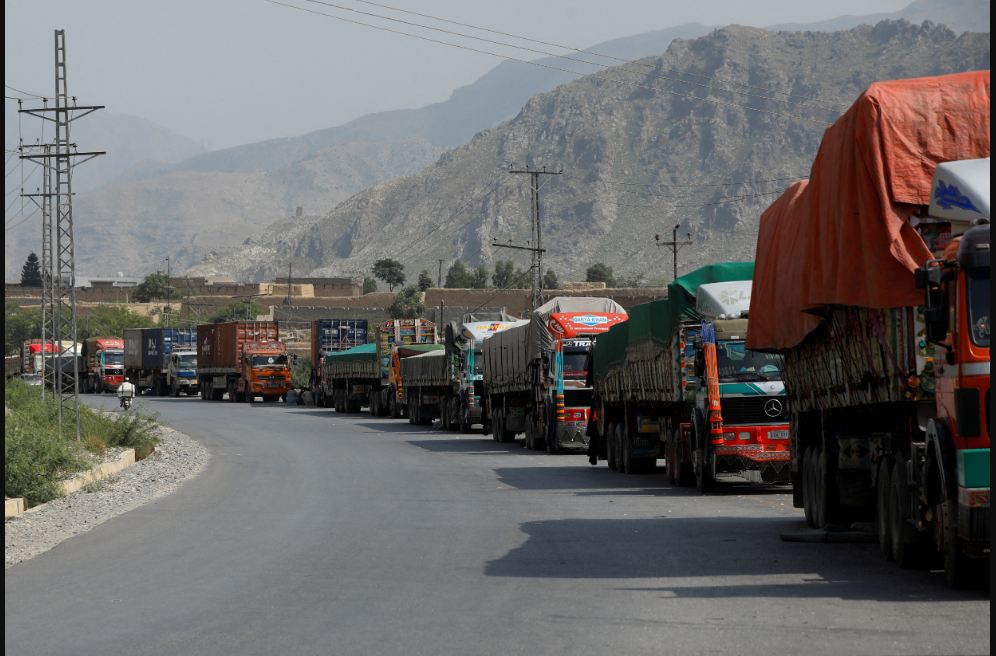China takes ‘appropriate’ action in row with India over journalists
Beijing (Reuters) – China said on Wednesday it had taken “appropriate” action in response to India’s unfair treatment of Chinese journalists, in the latest episode to highlight tense relations between the big Asian neighbours.
The Wall Street Journal reported on Tuesday that China and India had ejected nearly all of each other’s journalists in recent weeks.
Citing people familiar with the matter, the newspaper said India had this month declined to renew the visas of the last two Chinese state media journalists in India.
Meanwhile, at least two Indian reporters had not been granted visas to return to China and a third was told that his accreditation had been revoked, according to the newspaper.
A Chinese foreign ministry spokesperson, asked about the report, said Chinese reporters had been treated unfairly in India for years.
“What I can tell you is that for a long time, Chinese journalists have suffered unfair and discriminatory treatment in India, and in 2017, the Indian side shortened the visa validity of Chinese journalists to three months or even one month for no reason,” the spokesperson, Mao Ning, told a briefing.
The visa of the last Chinese correspondent in India had expired, she said.
“In the face of this prolonged and unreasonable suppression by the Indian side, the Chinese side had to take appropriate countermeasures to safeguard the legitimate rights and interests of the Chinese media,” Mao said.
China and India have been uneasy neighbours for decades following a war on their disputed Himalayan frontier in the early 1960s. Their relations deteriorated in mid-2020, when their troops clashed on the border and 24 people were killed.
This year, China ramped up tension by renaming 11 locations in India’s eastern state of Arunachal Pradesh, which China calls southern Tibet and claims as its territory.
Mao said the status of Indian journalists in China would depend on India’s support for Chinese journalists.
“Some Indian journalists have been working and living in China for more than 10 years, and we are willing to continue to (facilitate them), but it depends on whether the Indian side can meet China halfway and provide the same facilitation and assistance to Chinese journalists in India,” Mao said.



